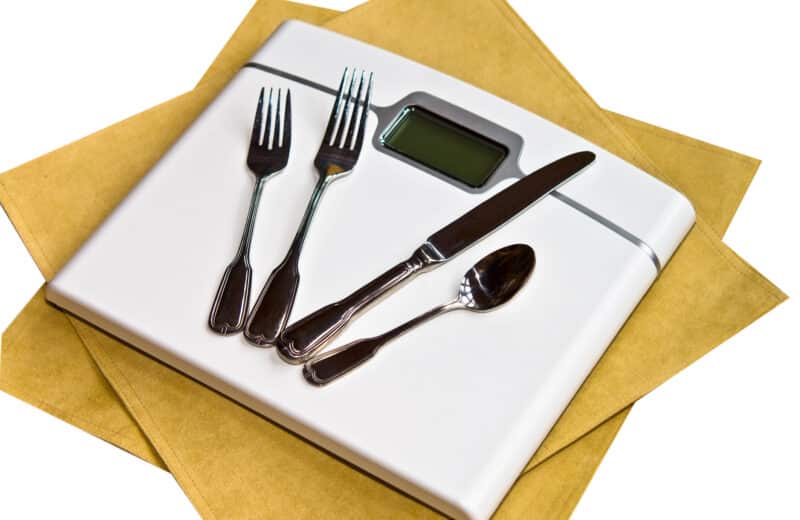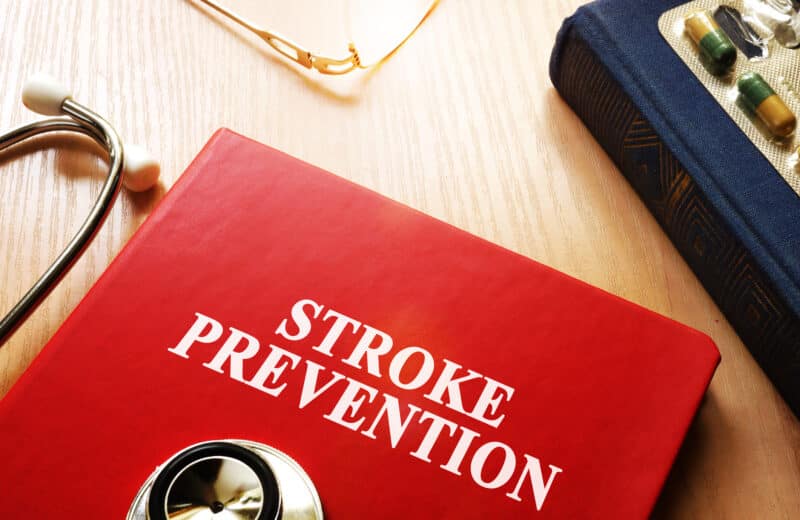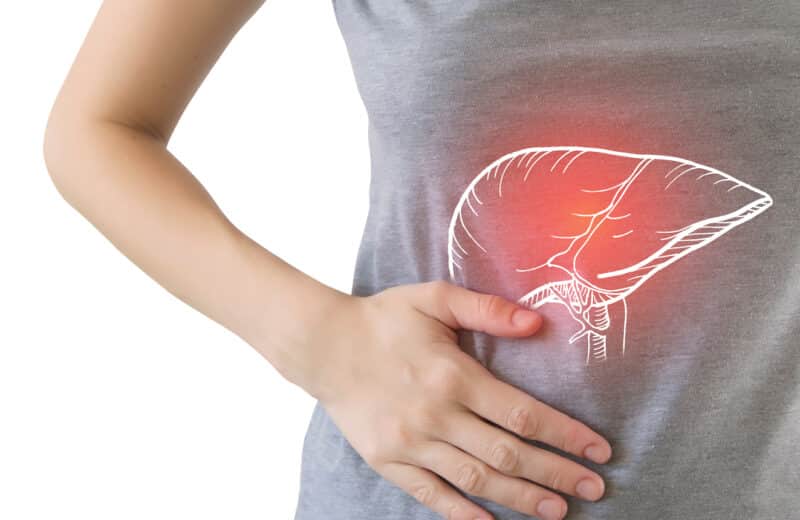Having regular bowel movements is a sign of a healthy digestive system, and it prevents the discomfort of diarrhea and constipation. But regularity is challenging in our older years. It is the job of muscles in the wall of the colon to squeeze digested food downward and eventually out of the body. “As we get older, these muscles become sluggish, so it’s not uncommon to become more constipated,” says Robert Burakoff, M.D., director of the Center for Digestive Health at Harvard-affiliated Brigham and Women’s Hospital.
Underlying causes
Some health conditions are well known to affect colon function, for example irritable bowel syndrome, thyroid disease, lactose intolerance (an inability to break down sugar in milk), diverticulosis (the development of tiny pouches in the intestinal wall), and diverticulitis (inflammation or infection of those pouches). Treating these conditions can help you become regular again.
But some underlying causes of irregularity may not be as obvious, such as stress, a slower metabolism, or the habit of suppressing the urge to have a bowel movement. Medication side effects are also a common culprit. For example, treating high blood pressure with calcium-channel blockers may decrease the colon’s ability to contract, which can cause constipation. Other drugs that may lead to irregularity include opioids, prescription anticholinergic drugs, medications for Parkinson’s disease, and iron supplements. Some medications for gout and many medications containing magnesium can cause diarrhea. “If you suspect that your medication is causing irregularity, try increasing your fiber intake. If that doesn’t work, talk to your doctor about other medications that may do the same job without the side effects,” says Burakoff.
Fluids
Fluids help move food through the digestive system, no matter if you get them from drinks or food. Burakoff says increasing your fluids may help improve regularity, but “there’s no special number of how many glasses of water will help you have a bowel movement. Everybody’s different, and it depends on how much water you lose.” Generally speaking, healthy older adults should be consuming 30 to 50 ounces of fluids per day (about 3 to 6 cups). Water-rich foods such as soups, fruits, and vegetables count toward that.
Diet
Everyone agrees that diet plays a big part in regularity. Too many starchy foods can lead to constipation. Too much sugar, refined grains, processed food, fatty food, alcohol, dairy foods, or caffeine can all cause diarrhea.
The key to regularity through diet is fiber, the nondigestible component of plant food. Insoluble fiber (from foods such as whole grains and most vegetables) does not dissolve as it moves through your gastrointestinal tract. This can help with regularity issues and reduce the risk of developing hemorrhoids and diverticulosis. But not everyone can tolerate this type of fiber easily, points out Burakoff. “It makes some people gassy and bloated. So I recommend soluble fiber, which will reduce gas and bloating for most people,” he explains.
Soluble fiber (from foods such as legumes, oats, and apples) changes into a gel-like substance when you eat it. “It makes the stool softer and bulkier, which allows easier passage,” says Burakoff.
The Recommended Dietary Allowance of fiber is 30 grams per day for men 51 or older, and 21 grams per day for women 51 or older. But Burakoff says 15 to 20 grams of fiber per day should be enough for digestive health, and suggests that you add it into your diet gradually each day, until your symptoms are resolved. If you’re unable to get enough fiber from food, Burakoff recommends commercial soluble fibers that can be mixed into drinks. And if you’re unable to tolerate soluble fiber, he suggests that you increase insoluble fiber intake slowly.
Exercise
Many experts recommend regular exercise as one way of increasing regularity. The minimum recommendation for general health is 150 minutes per week of moderate-intensity exercise, such as brisk walking. Burakoff is dubious, thinking that the extra fluids people drink when they exercise may be more important for regularity than the exercise itself. “You might see a change, but it’s probably because you’re having lots of fluids if you exercise regularly,” says Burakoff.













